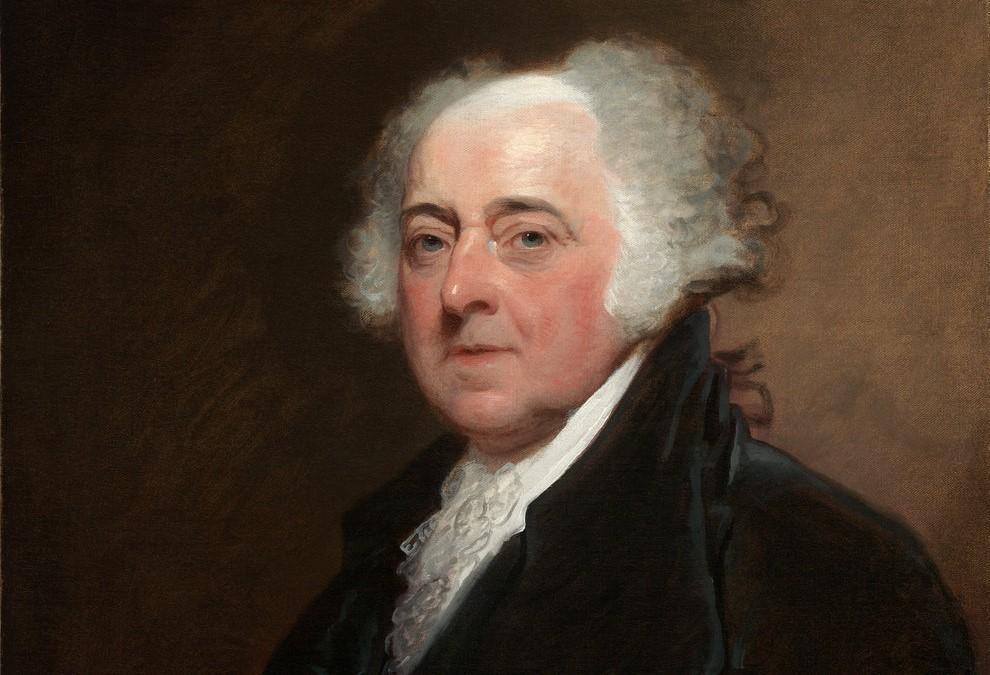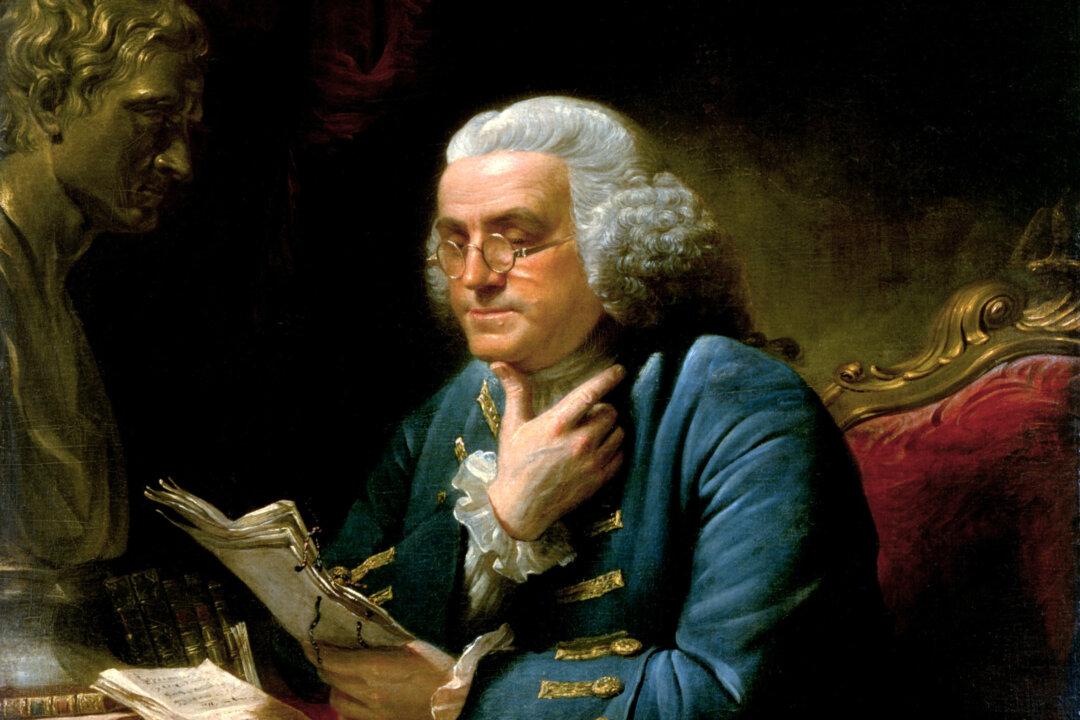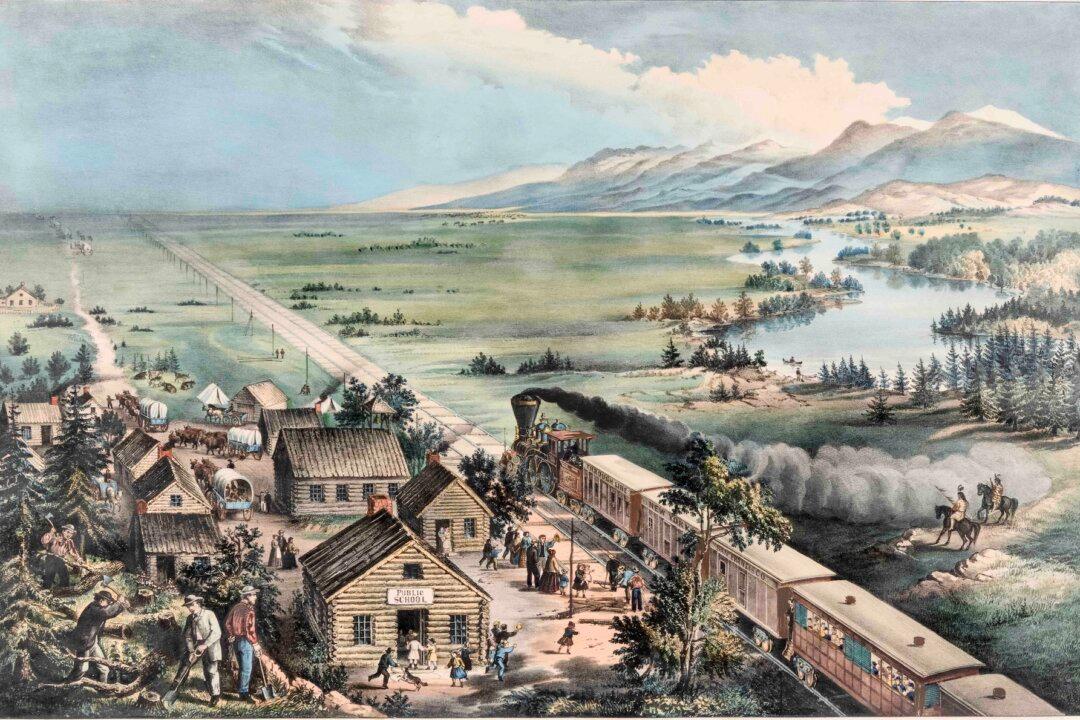Known to be blunt, impatient, and cantankerous, John Adams, second president of the United States, is not generally thought of as having a diplomat’s character. He had a quick temper and, at times, could be explosive. In spite of those flaws, he nevertheless scored major success as a diplomat in Europe at a very crucial time for America. Credit that to his bedrock principle of putting the public good first, and to his unwavering belief (with all of his heart, soul, mind, and strength) in the founding ideals of this country.
In September 1780, Congress designated Adams as minister plenipotentiary to the United Provinces of the Netherlands (The Dutch Republic) to negotiate a sizeable loan and a commercial trade treaty. At that crucial stage, the Thirteen Colonies were, for the most part, bankrupt. The Revolutionary War had been dragging on for years, but America had no public money to fund the war. In addition to a quick loan, the Colonies desperately needed a foreign source of trade and commerce. The war had totally curtailed the traditional trade with Britain, and economies throughout the Colonies contracted sharply from 1776 onward.





